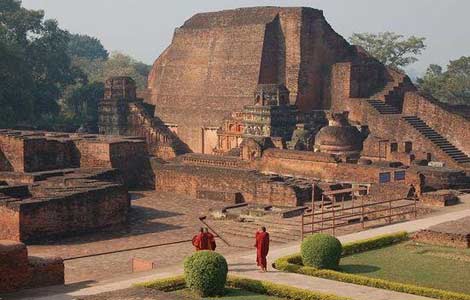Analyzing the China-India agreements
Updated: 2014-09-19 04:50
(China Daily)
Comments Print Mail Large Medium SmallAn easier route for Indian pilgrims
WHAT HAPPENED
President Xi Jinping announced on Thursday that China will soon open an alternative, less arduous route for Indian pilgrims journeying to Mount Kailash and Lake Mansarovar in remote western Tibet.
The announcement, sought by Indian Prime Minister Narendra Modi when the two met for the first time in Fortaleza, Brazil, in July this year, is expected to enhance economic relations between the two countries.
The expected new route will take pilgrims from Nathu-La in the Indian state of Sikkim to Xigaze, Tibet's second-largest city, from where pilgrims can travel to Mansarovar and Kailash along highways.
WHAT IT MEANS
Although the new route is longer, the journey will be safer and more comfortable than the existing ones through Uttarakhand state and Nepal, which were badly damaged during the recent unprecedented floods.
Sun Shihai, director of the Chinese Association for South Asian Studies, said that the opening of the route from Nathu-La will greatly enhance the mutual trust between China and India.
"Mount Kailash is sacred to Hindus, Jains and Buddhists. In fact, the Hindus see the mountain as both the birth and the meditation place for Lord Shiva, the Supreme God and the destroyer of ignorance and illusion. Keeping all that in mind, the opening of the new route represents a major step forward for the countries' cultural and religious exchanges," he said.
"And the fact the route passes the area where China and India have traditional territorial disputes sends a strong signal that China is willing to work toward greater understanding with its neighbors."
Big Talk






